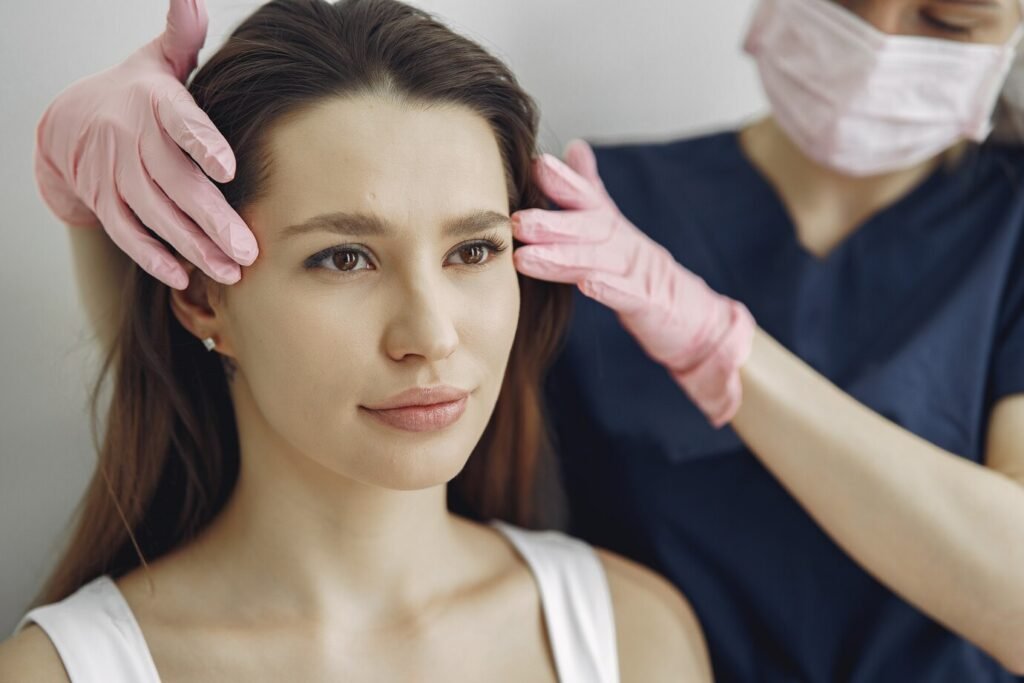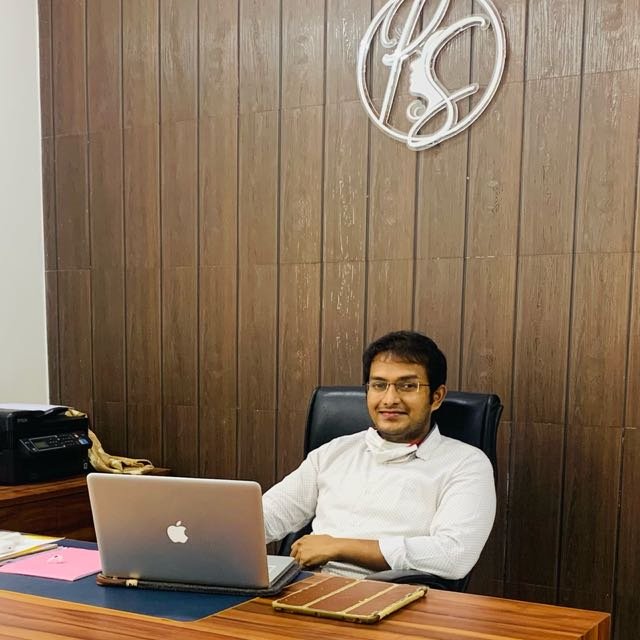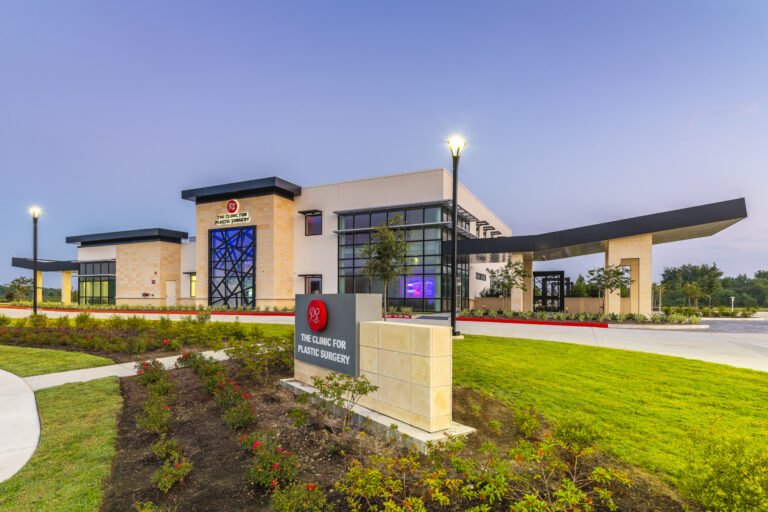Getting a Deep Plane Facelift in Korea is a popular decision among international patients seeking natural, long-lasting facial rejuvenation. Known for their artistic precision, Korean plastic surgeons deliver exceptional results—often at a more affordable price point than in Western countries.
However, choosing the right surgeon and fully understanding the procedure is essential before committing. Whether you’re planning your consultation virtually or in person, asking the right questions can make a big difference in your confidence and outcome.
Here are the 15 must-ask questions to discuss with your Korean plastic surgeon before undergoing a Deep Plane Facelift.
🧑⚕️ 1. Are You Board-Certified in Plastic Surgery?
Why ask: Board certification ensures your surgeon has undergone rigorous training and testing in plastic surgery. In Korea, look for:
- Certification from the Korean Society of Plastic and Reconstructive Surgeons (KSPRS)
- Membership in global associations like ISAPS (International Society of Aesthetic Plastic Surgery)
📁 2. How Many Deep Plane Facelifts Do You Perform Each Year?
Why ask: Experience with this advanced technique matters. The deep plane facelift is more complex than traditional SMAS lifts, requiring skill in manipulating deeper facial structures without causing nerve damage.
📸 3. Can I See Before-and-After Photos of Previous International Patients?
Why ask: Results should be natural and consistent. Ask to see photos of patients:
- With similar age and facial features
- Who had similar concerns (sagging cheeks, jowls, etc.)
- Preferably with different ethnic backgrounds
📍 4. What Is Your Approach to Ethnic Facial Aesthetics?
Why ask: Korean clinics are known for preserving ethnic identity while enhancing youthfulness. Ask how your surgeon balances these goals, especially if you’re non-Korean.
⚖️ 5. Am I a Good Candidate for a Deep Plane Facelift?
Why ask: Not everyone needs or qualifies for this type of lift. Your surgeon should assess:
- Skin elasticity
- Bone structure
- Age-related volume loss
- Medical history
💉 6. Will I Need Additional Procedures?
Why ask: Many patients benefit from complementary procedures such as:
- Fat grafting for volume loss
- Neck lift or platysmaplasty
- Eyelid or brow lift
This helps achieve a harmonious, balanced result.
⏱️ 7. What Is the Surgical Timeline and Recovery Like?
Why ask: International patients need a clear understanding of:
- Pre-surgery preparation
- Length of hospital stay
- Suture removal schedule
- When it’s safe to fly back home
A typical stay is 10–14 days in Korea post-op.
🧳 8. Do You Offer Packages for International Patients?
Why ask: Many Korean clinics offer medical tourism bundles that include:
- Virtual consultations
- Airport transfers
- Recovery accommodations
- Post-op skincare or regenerative therapy
🌐 9. Is There English-Speaking Staff or a Translator Available?
Why ask: Communication is critical. Ensure the clinic has a medical translator or fluent staff to avoid misunderstandings before and after surgery.
🚫 10. What Are the Possible Risks and Complications?
Why ask: While deep plane facelifts are safe in skilled hands, ask about:
- Nerve injury
- Hematoma
- Infection
- Scarring
Ask how the clinic handles post-op emergencies or complications.
📜 11. What Type of Anesthesia Will Be Used?
Why ask: Deep plane facelifts typically use:
- General anesthesia
- Or twilight sedation (IV)
Discuss risks, preferences, and whether an anesthesiologist will be present throughout.
🧴 12. What Post-Surgery Care Do You Provide?
Why ask: Healing support is vital. Ask if the clinic offers:
- Lymphatic drainage
- LED therapy
- Scar management
- Homecare guidance
🕐 13. How Soon Will I See Results?
Why ask: Swelling and tightness can persist for weeks. Expect:
- 70–80% of results in 3–4 weeks
- Full results by 3–6 months
Realistic expectations help avoid post-op anxiety.
📆 14. What Is the Cost and What’s Included?
Why ask: Clarify:
- Total price
- What’s included (surgeon’s fee, anesthesia, medications, etc.)
- Payment methods
- Refund or cancellation policy
📞 15. What Happens If I Need a Revision or Follow-Up After Returning Home?
Why ask: Understand your options in case of:
- Dissatisfaction with results
- Uneven healing
- Scar concerns
Some clinics offer virtual follow-ups or touch-up discounts.
✈️ Final Thoughts: Be Empowered, Not Overwhelmed
Korea’s reputation for excellence in facial surgery continues to grow—but no two surgeons or clinics are alike. Asking the right questions empowers you to make confident, informed decisions about your face and future.
Would you like a downloadable consultation checklist or a list of top-rated clinics offering English-speaking services?



